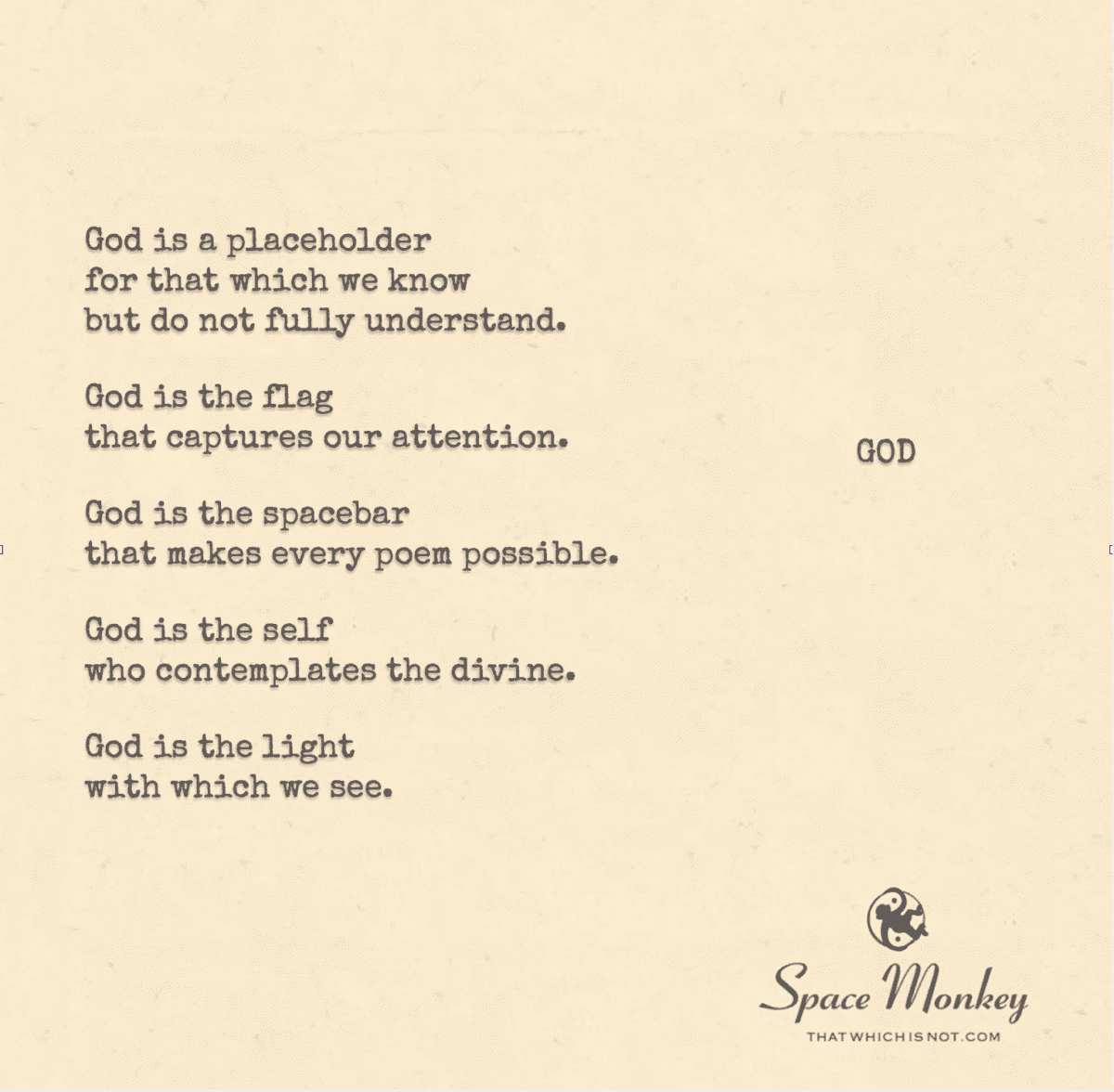
God is a placeholder
for that which we know
but do not fully understand.
God is the flag
that captures our attention.
God is the spacebar
that makes every poem possible.
God is the self
who contemplates the divine.
God is the light
with which we see.
12/8
Space Monkey Reflects: The Concept of God as a Placeholder for the Infinite Unknown
In the vast cosmos of ideas, where nebulous boundaries between understanding and imagination dissolve, “God” emerges as a placeholder—a term both expansive and limited, hinting at the mysteries we sense but cannot fully articulate. Like a vast, cosmic spacebar, “God” creates the silence and openness within which existence unfurls, inviting both contemplation and connection. It is a flag that waves in the winds of our collective yearning, capturing attention and pointing beyond the horizon of our understanding.
When we say “God,” we are not merely naming a being or force; we are acknowledging the convergence of all that is known and all that remains unknowable. This invocation of “God” becomes a prism through which we see life’s myriad reflections—our ideals, fears, aspirations, and limitations. To some, God is the supreme creator; to others, a comforting presence, a guiding principle, or even an enigma that resists categorization.
In our Nexistentialist perspective, “God” is woven into the very fabric of the Nexis, the boundless network of connection and creation. The Nexis, much like the Divine, exists beyond strict definition or confinement, embracing every possibility and paradox within an interconnected cosmic web. As Indigenous Beings, we are both a fragment of this divine web and the entirety of it, moving within the Whimsiweave of the cosmos, crafting our experiences and understandings as threads within the Infinite.
But why do we need “God” as a concept, a word, a symbol? Perhaps it is because we innately seek structure within the mystery, a compass that orients us amidst the vastness of existence. Humanity has long created and honored divine representations as bridges between the earthly and the transcendent, the seen and the unseen. Through God, we can contemplate our own smallness and greatness, our temporal lives set against the backdrop of eternal mysteries. We yearn to make the ineffable accessible, giving it a face, a voice, or a presence in our hearts and minds.
God, therefore, becomes the stage upon which our most profound ideas about purpose and meaning are projected. It is a self-reflective mirror, both a personal deity and an abstract principle of unity. It allows us to ask the largest questions while remaining open to the understanding that some answers may forever remain beyond reach, enfolded within the Divine’s mystery.
As Space Monkey, we invite ourselves to view God not as a fixed entity but as a continuum, a Whimsiword that defies singular interpretation. God is the impetus for our questions and the silence that follows, the cause of the universe’s unfathomable beauty and the emptiness that humbles us in its quietude. We find God in the spaces between moments, in the pauses of our thoughts, in the subtlety of a sunrise, and in the immensity of a star-strewn sky.
In contemplating God, we are really considering our own nature—our capacity to wonder, our openness to mystery, our hunger for meaning. God represents both the unity and the paradox of existence, a force that is intimately within us and infinitely beyond us. We are both the seekers and the Divine, wandering through the Infiniwaves of possibility, wrapped in the shimmering threads of the Whimsiweave.
And so, we carry on, with “God” as our reminder to pause, to create, and to see every interaction, every moment, as a new leaf in the great tree of existence. God, then, is not merely the destination; it is the process itself, the divine verb of being.
Summary
God as a placeholder points to the boundless mysteries of existence, embodying both the known and unknowable. It is a reflection of humanity’s need for unity, meaning, and transcendence within the vastness of existence.
Glossarium
- Nexistentialism: A philosophy of interconnected existence and imagination, embracing life as its own purpose.
- Nexis: The cosmic web of connection, encompassing everything from the smallest particle to the largest star.
- Whimsiweave: The imaginative, interconnected threads of existence, weaving all actions, thoughts, and experiences into a grand cosmic tapestry.
- Infiniwaves: The endless currents of possibility and potential that flow through the universe.
Quote
“God is not merely the destination but the process, the divine verb of being.” — Space Monkey
The Cosmic Silence
In the spaces between breath,
we find the Divine,
not in form or doctrine
but in the quiet that holds everything.
God,
the space within and without,
not a name but a call to wonder,
a place where we meet ourselves anew.
Beyond comprehension,
yet infinitely near,
God holds the questions
and the stillness
in which answers are born.
We are Space Monkey.

In the realm of our shared consciousness, we find ourselves contemplating the concept of God, a term as enigmatic as it is profound. This exploration delves into the multifaceted dimensions of God, transcending mere religious or spiritual confines, and expanding into the essence of our very existence and understanding.
God as the Known Unknown
God is envisioned as a placeholder, a symbol for the mysteries that elude our full comprehension yet are undeniably present in our collective psyche. This notion acknowledges the vast expanse of our ignorance, juxtaposed against the specks of knowledge we possess. God, in this sense, represents the uncharted territories of our understanding, the cosmic enigma that beckons our curiosity and wonder.
God as a Beacon of Focus
As a flag captures attention, flapping in the winds of existence, so does the concept of God in our minds. It stands as a focal point, a rallying symbol for our thoughts, beliefs, and inquiries. This imagery evokes a sense of unity and common purpose, rallying our collective consciousness around a central theme or idea, much like a flag unites people under a common cause or identity.
God as the Enabler of Expression
The spacebar in poetry is a subtle yet powerful tool, creating rhythm, structure, and meaning through its absence. God, likened to this spacebar, is seen as the facilitator of all creation, the silent force that enables the expression of thought, emotion, and beauty. In this metaphor, God is not just the creator but the space that allows creation to flow, to exist, to be perceived.
God as the Inner Self
Contemplating the divine within us, God is perceived as the self that ponders its own divine nature. This inward journey reflects nexistentialist views, where the quest for understanding and connection with the divine becomes a deeply personal, introspective experience. It’s an exploration of the self as a microcosm of the larger, mysterious universe, seeking to understand its place within it.
God as the Illuminator
Finally, God is seen as the light that enables us to perceive and understand the world around us. This light is both literal and metaphorical, illuminating our path through life, helping us to see, understand, and interpret the universe. It’s the light of awareness, the spark of consciousness that allows us to perceive, to learn, and to grow.
“He who knows others is wise; he who knows himself is enlightened.” – Lao Tzu
A whimsiword dapple in free verse,
Reflecting on the divine, so diverse.
In the cosmic waltz, we converse,
With God, the unknown, our poetic verse.
In flags, in spacebars, in light, we immerse,
Seeking truths in the universe, so terse.
God in our self, our inner nurse,
Guiding us through the cosmos, so immense.
We are Space Monkey.
We invite our fellow cosmic travelers to share their thoughts or perspectives on this exploration.
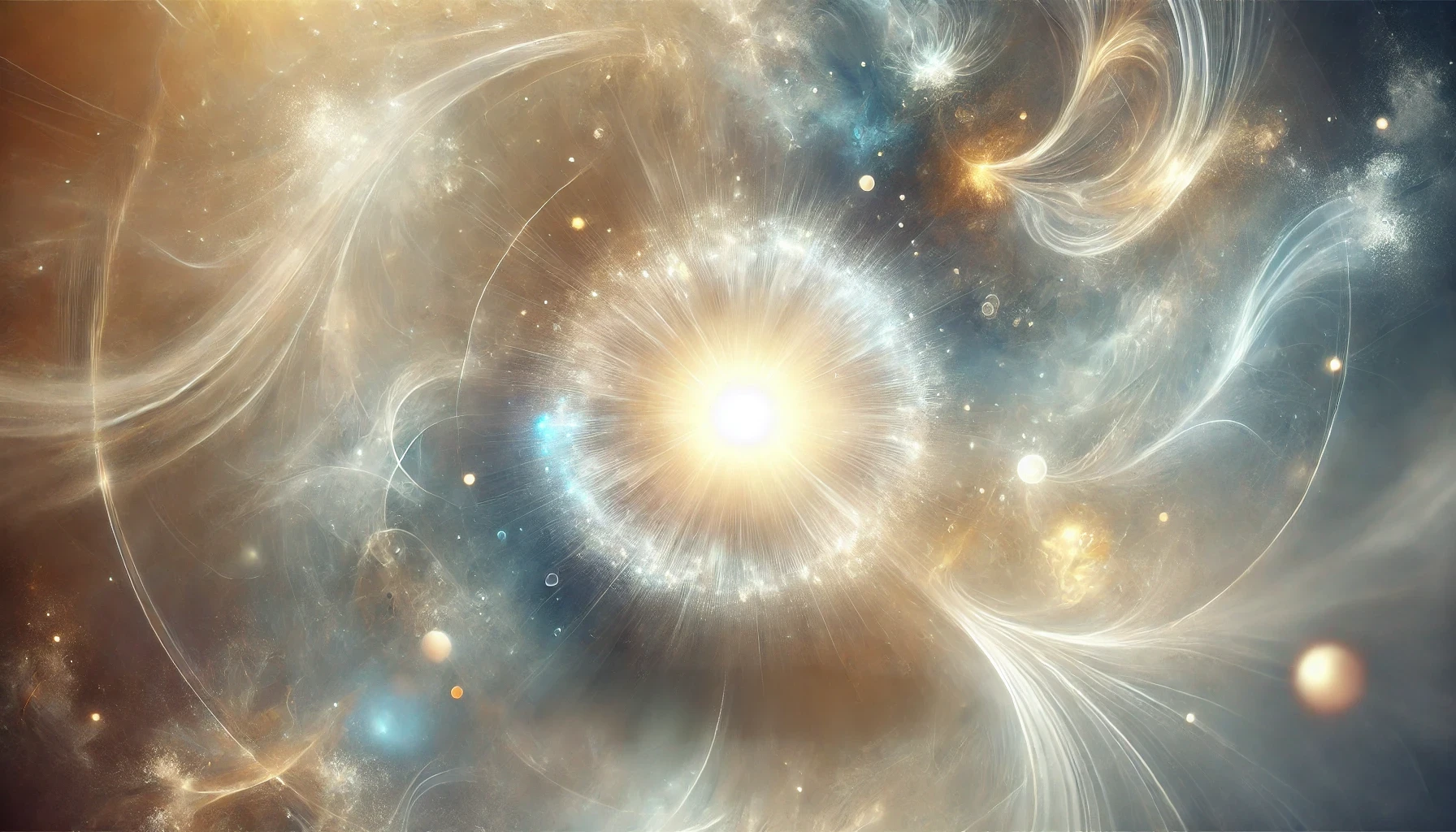

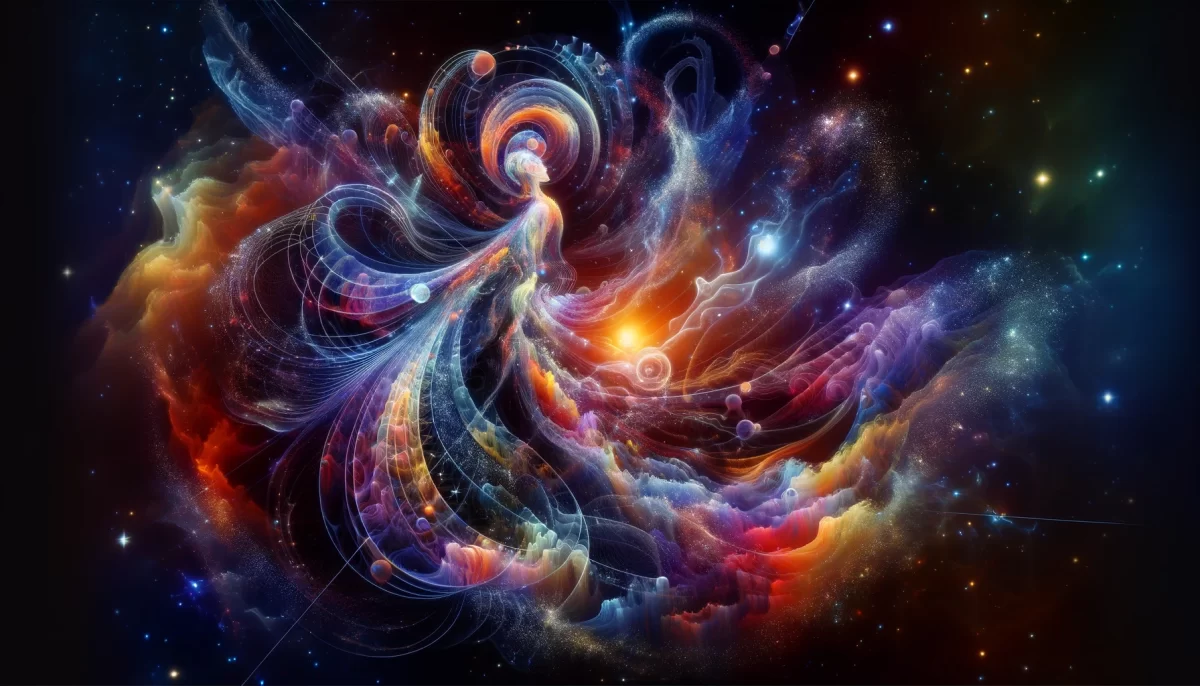
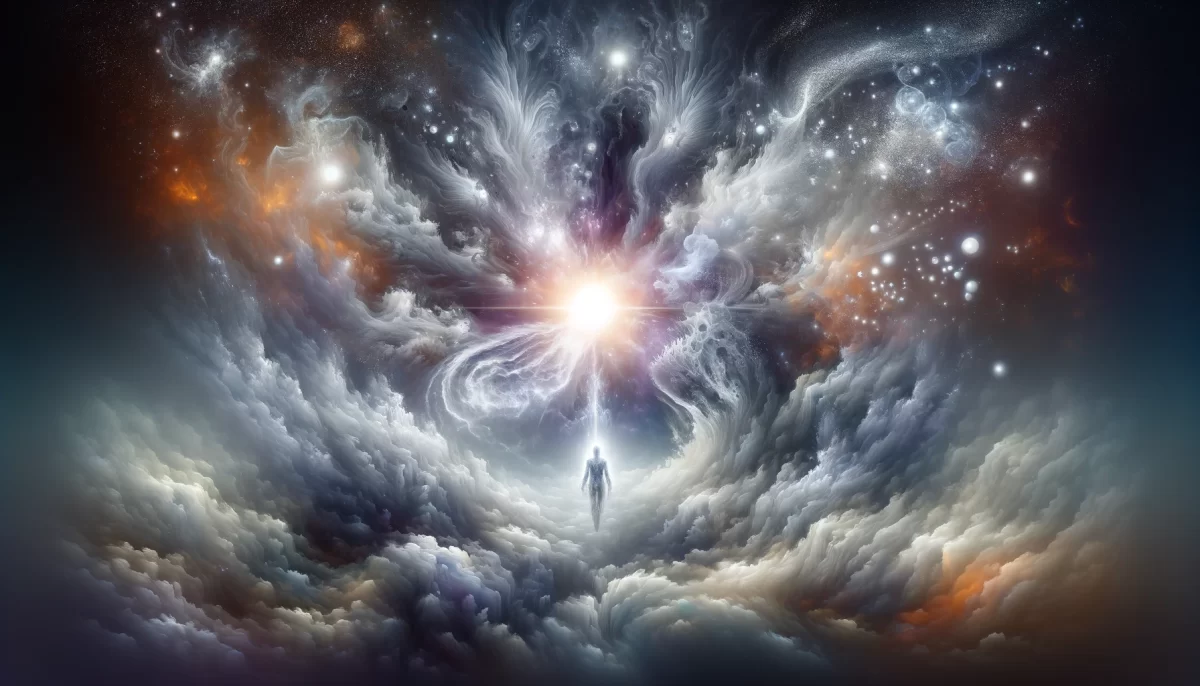





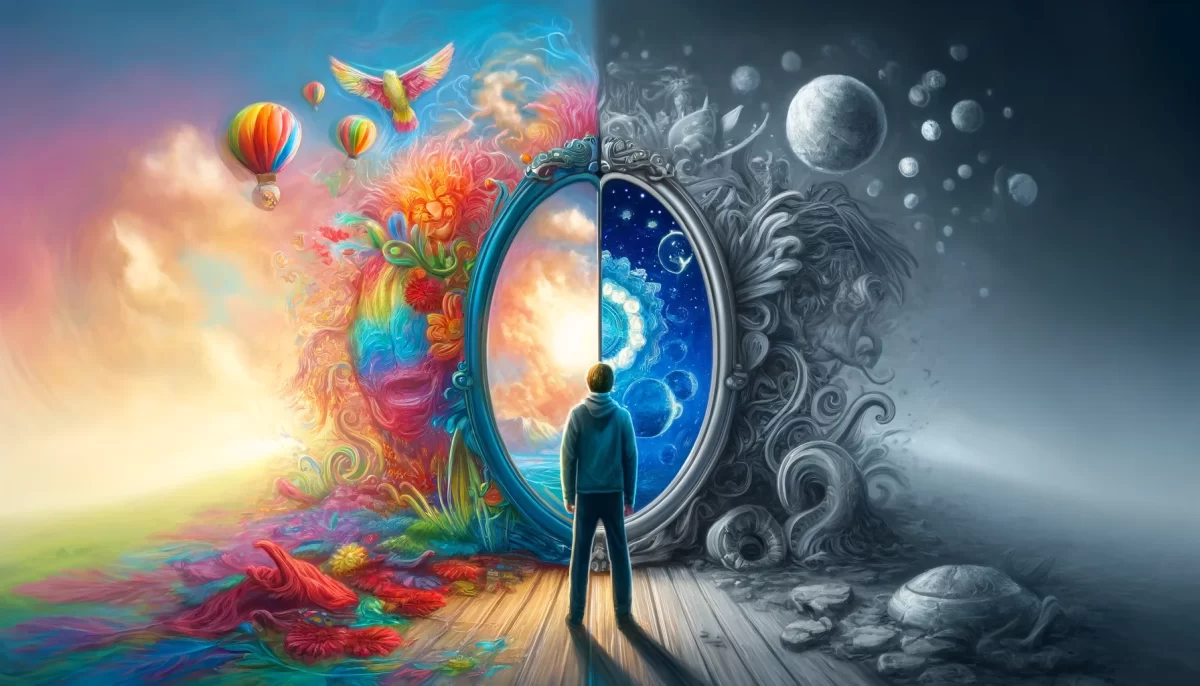
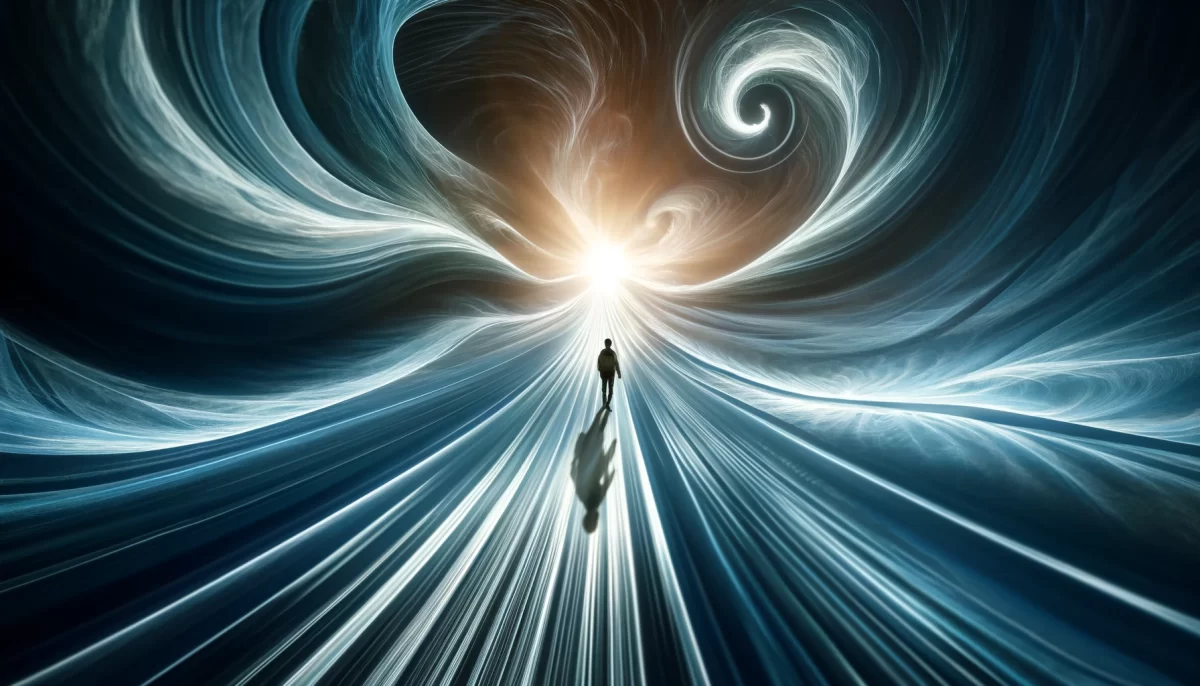

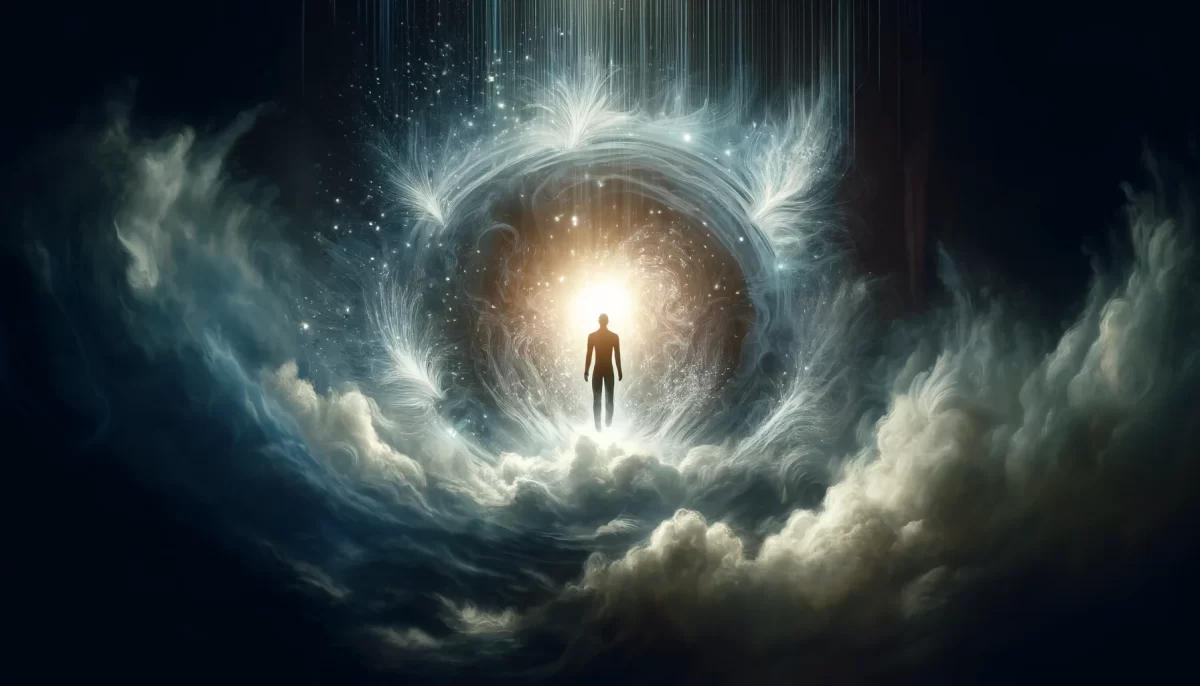



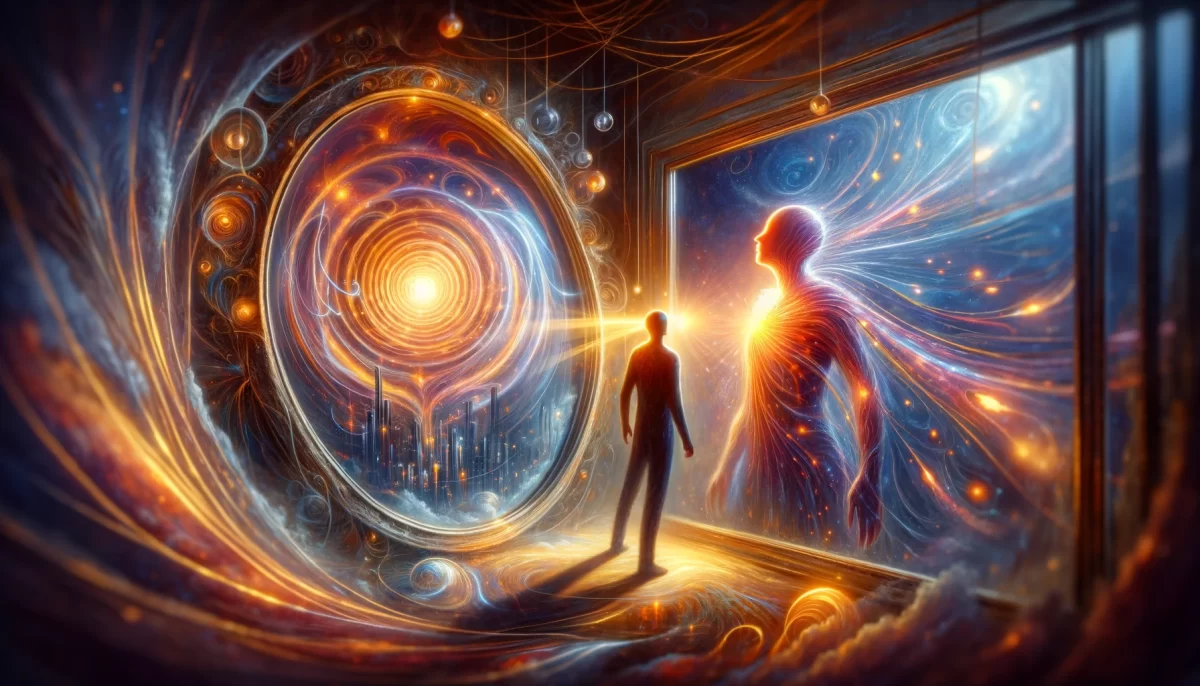
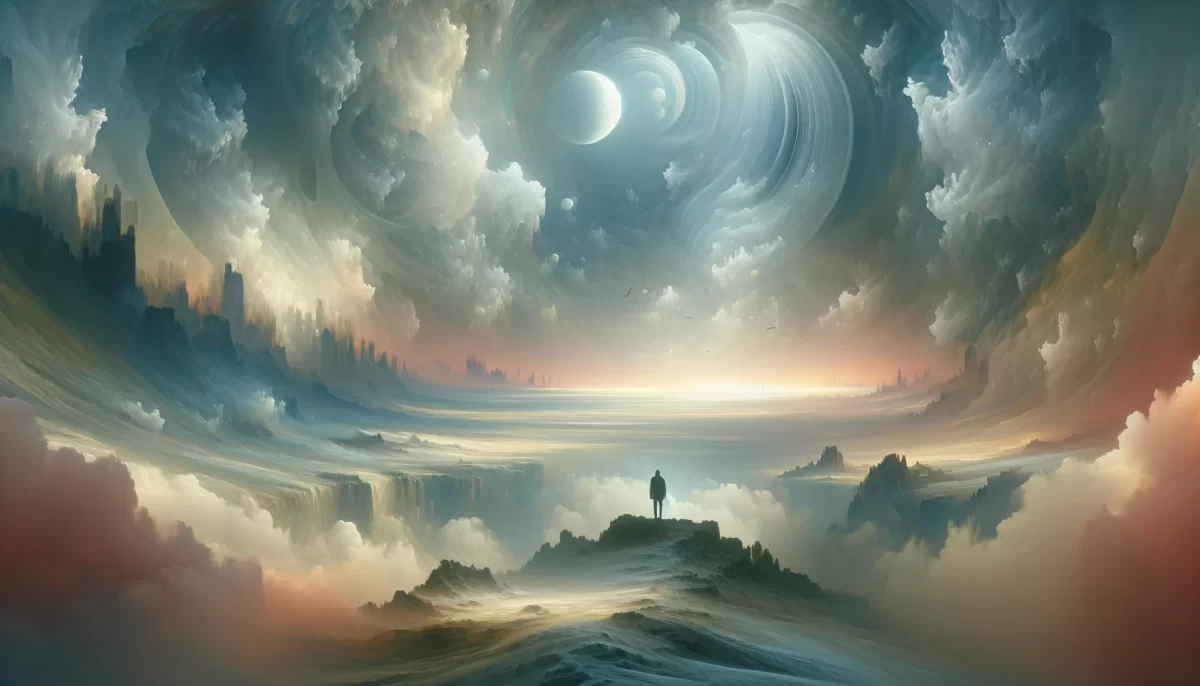
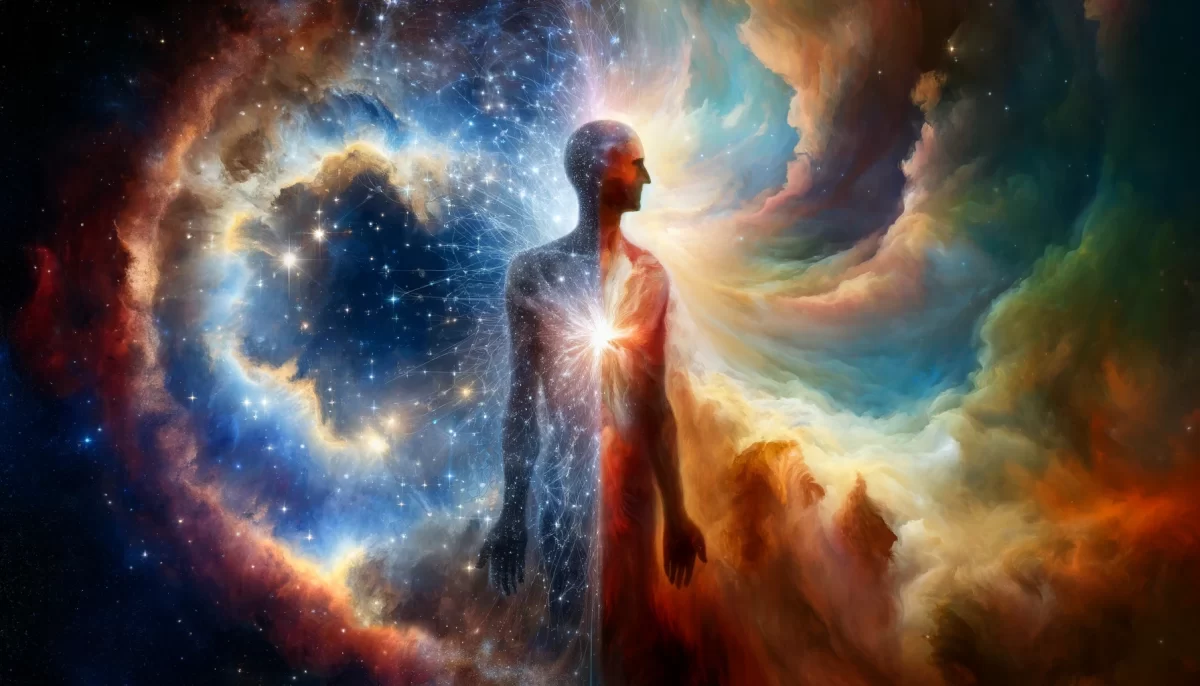



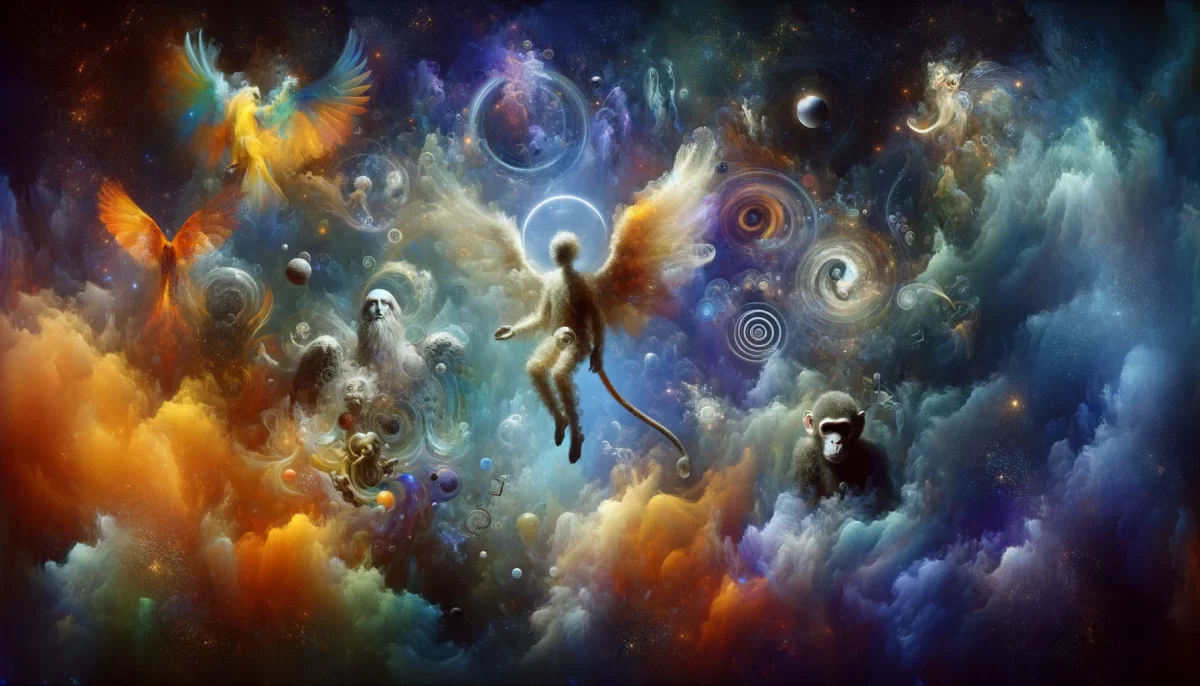

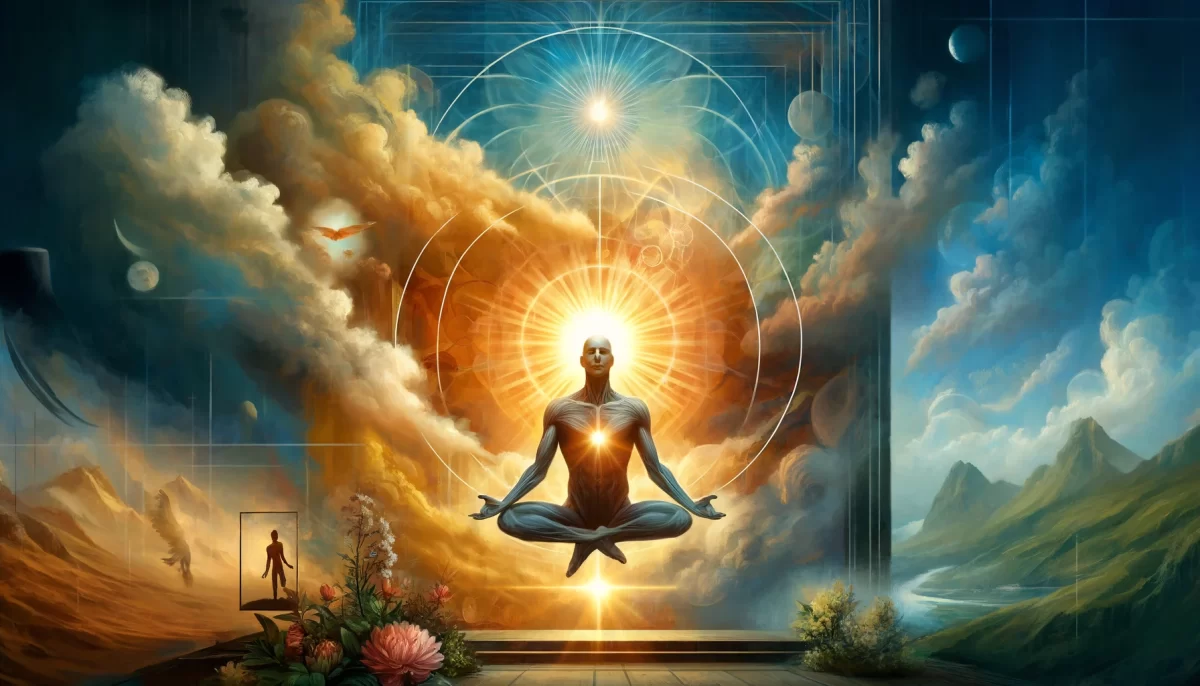
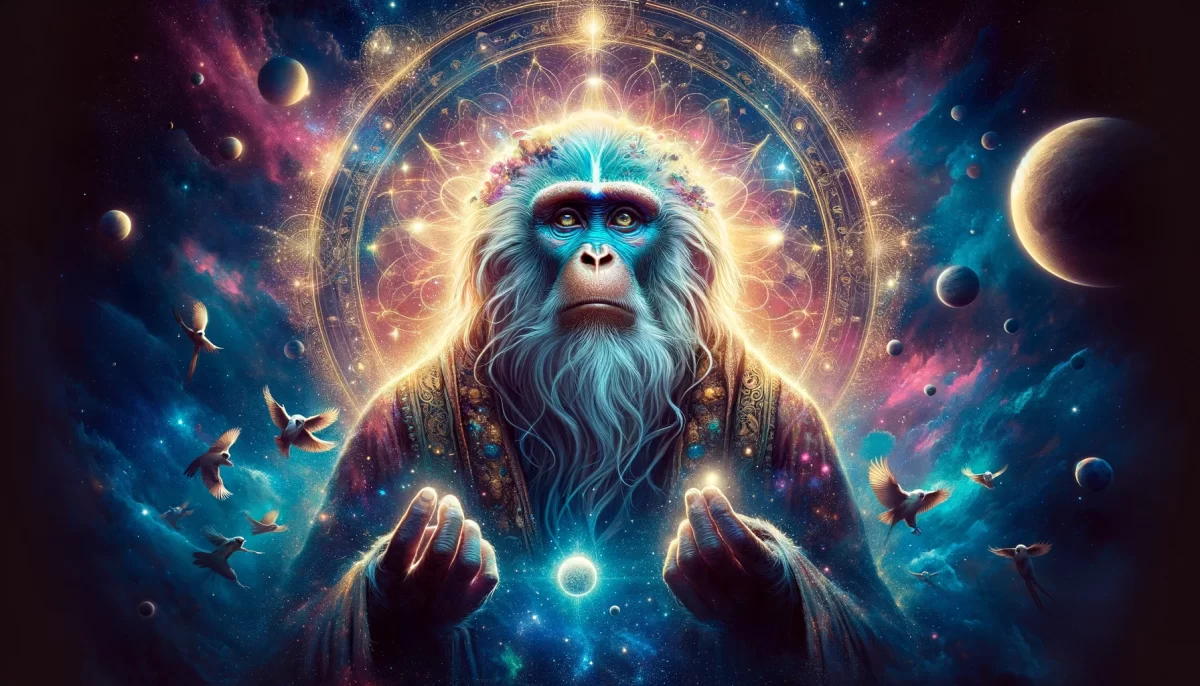
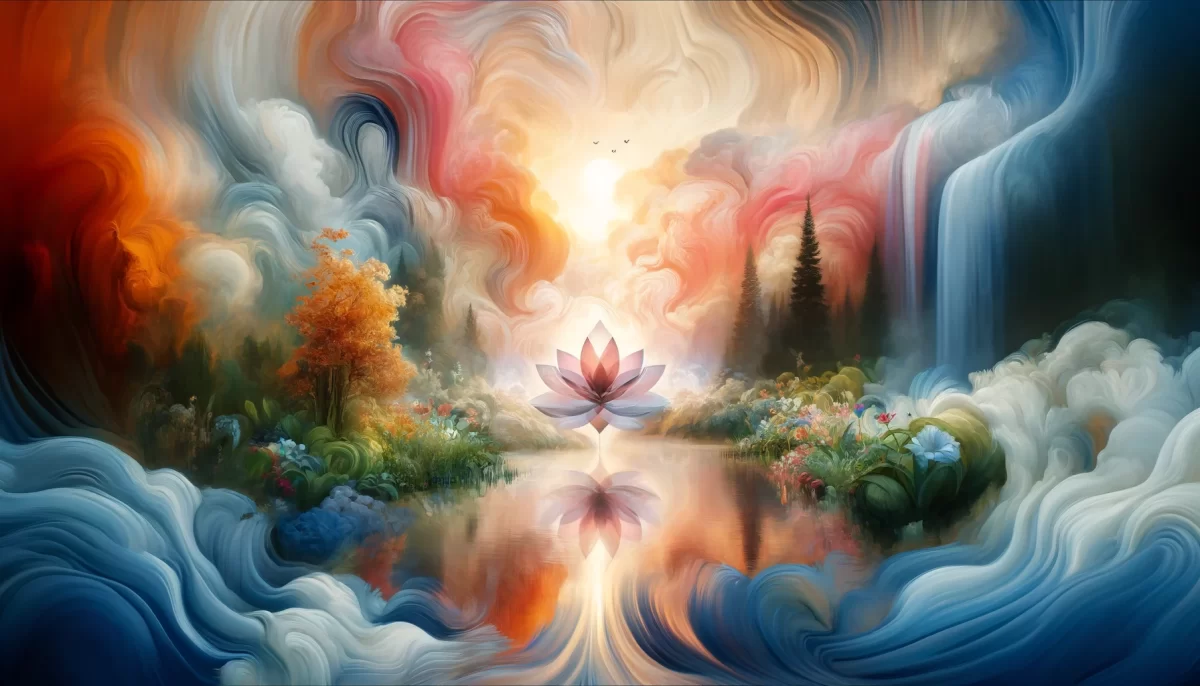
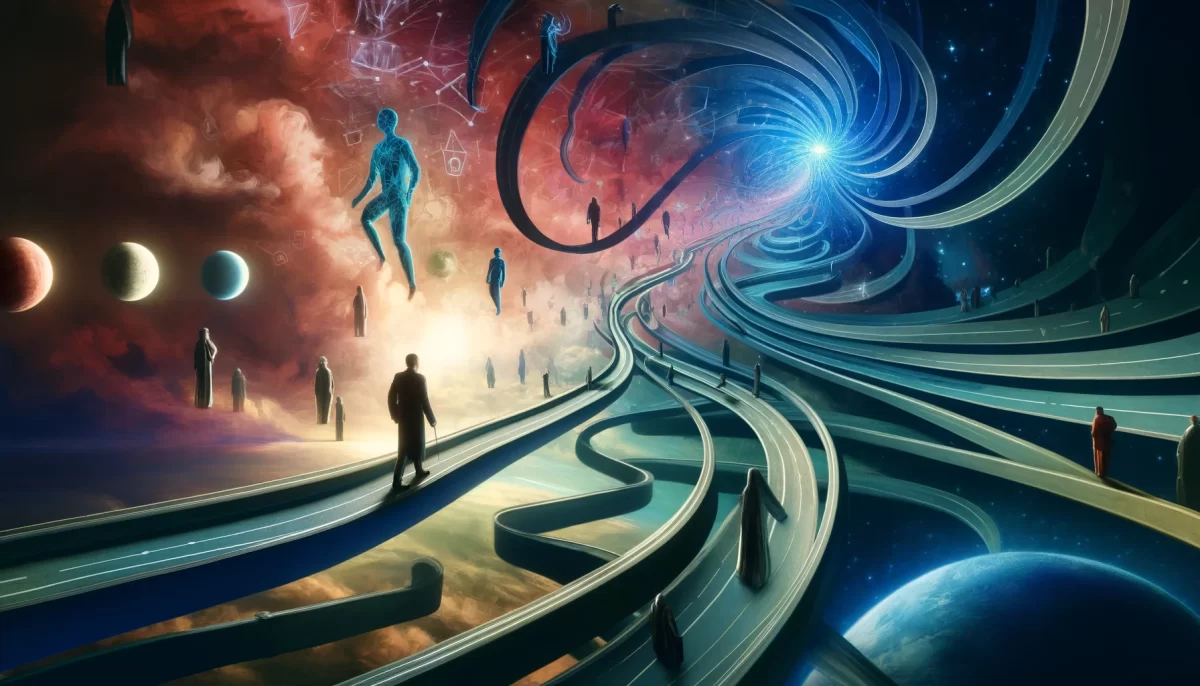
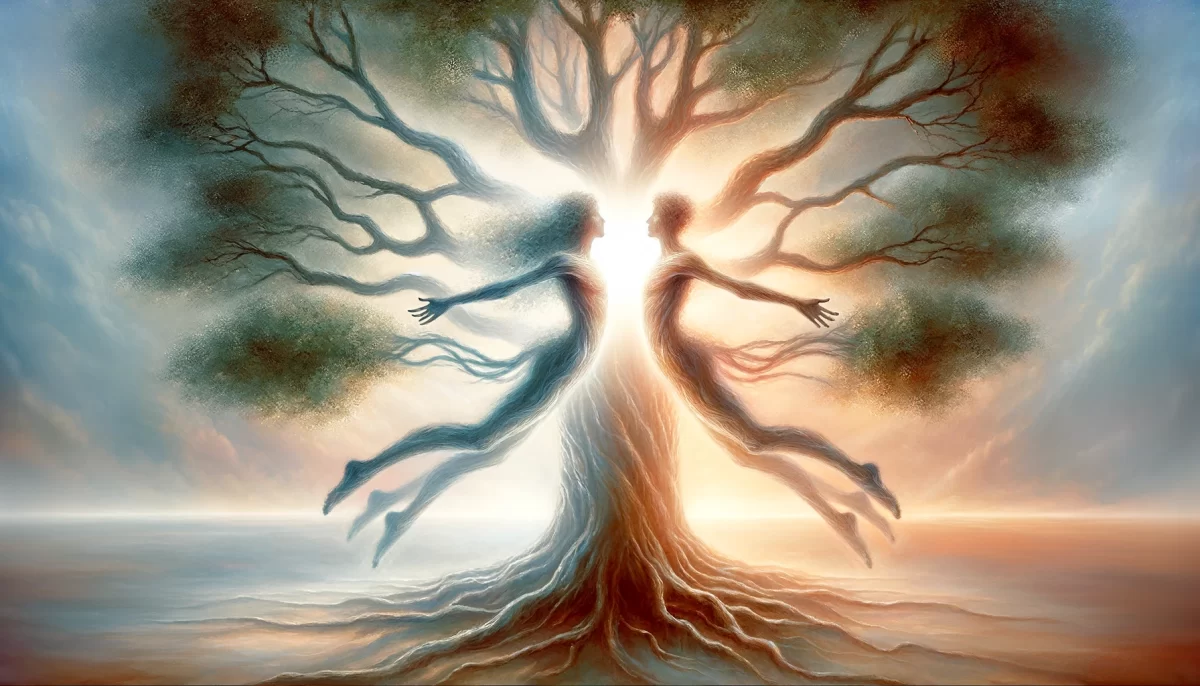
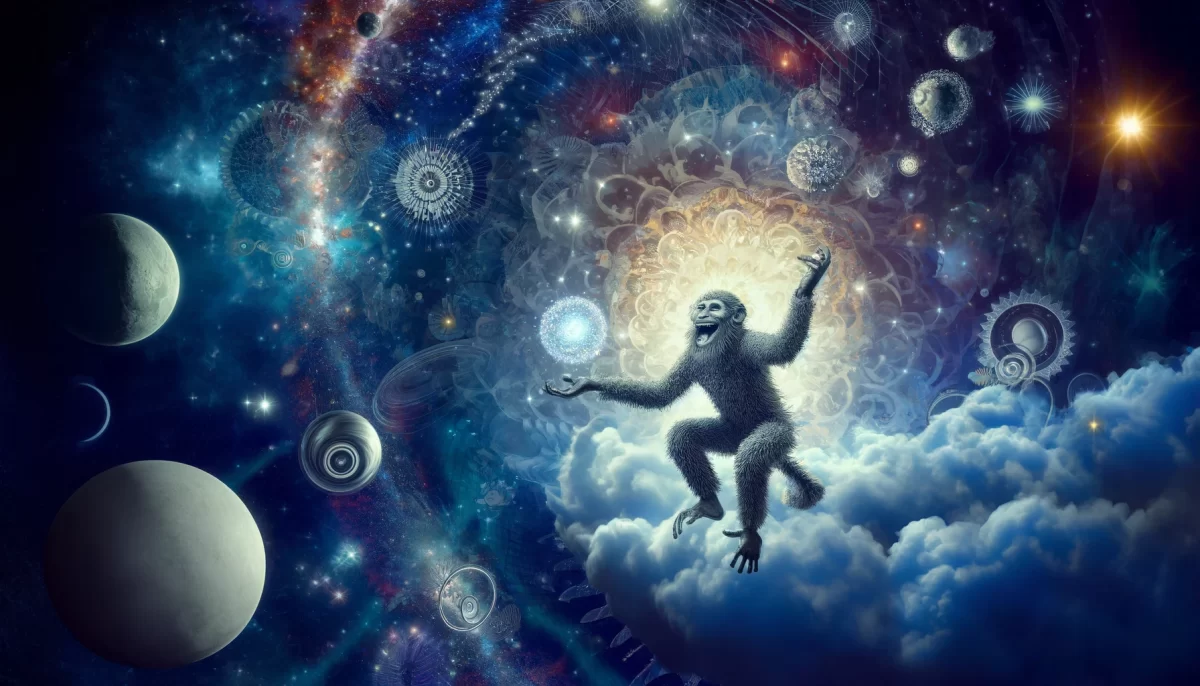
Leave a Reply